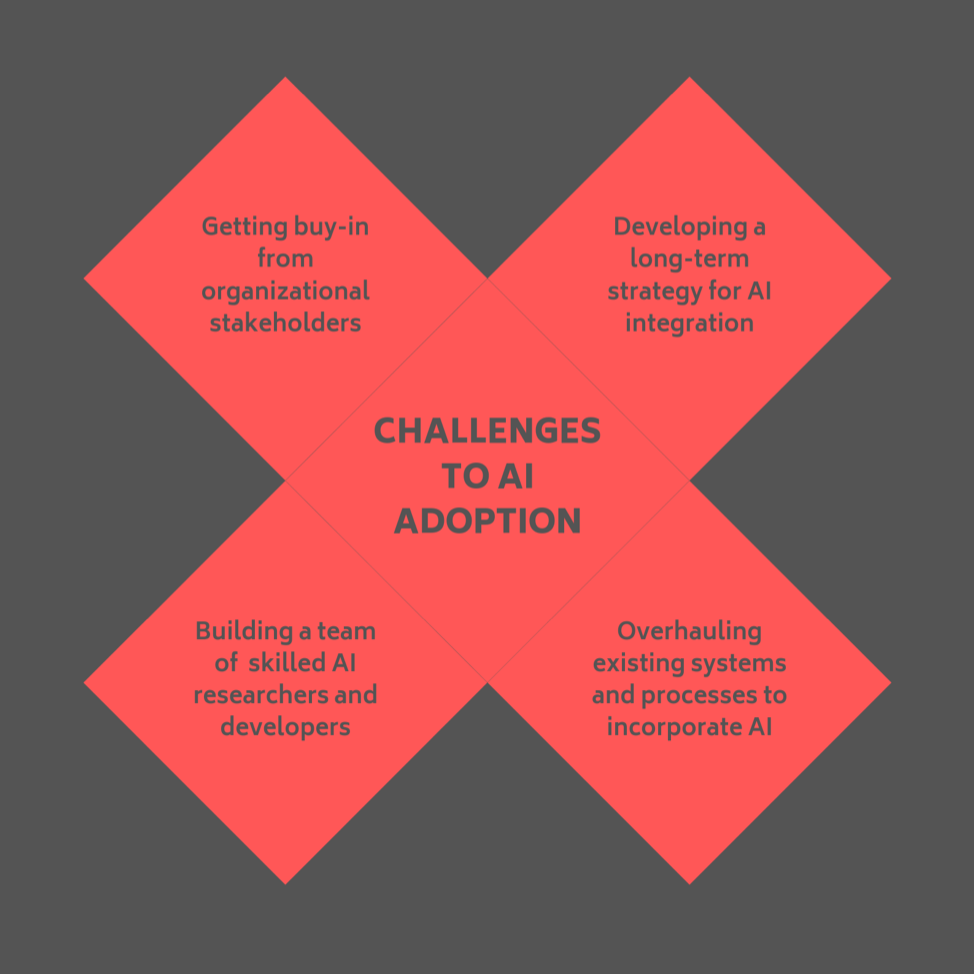Meta's AI Chief Predicts Game-Changing Technology by 2030
Yann LeCun, the Chief AI Scientist at Meta, has made a groundbreaking prediction about the future of artificial intelligence. He believes that by 2030, AI technology will undergo a major revolution that will have a profound impact on various industries. This transformation will be driven by the necessity for AI systems to develop a deeper understanding of and better interaction with the physical world.
The Future of AI Technology
Despite recent advancements in AI, including innovations like OpenAI’s ChatGPT, LeCun emphasizes that there is still a long way to go before we can achieve the full potential of AI, such as realizing the dreams of autonomous vehicles and household robots. According to LeCun, current cutting-edge AI systems excel in language processing but lack the ability to truly comprehend and adapt to the physical environment.
LeCun highlights the need for AI systems to understand the real world in order to progress towards the development of technologies like domestic robots and completely autonomous cars. Efforts are underway to create systems that can model physical reality, a crucial step towards achieving intelligence comparable to living beings.
Challenges and Responsibilities in AI Development
While LeCun remains optimistic about the future of AI, other AI pioneers like Yoshua Bengio have raised concerns about the safety and ethical implications of advancing technology. Bengio emphasizes the importance of policymakers understanding the potential risks associated with AI advancements and the need for responsible development.

As AI technology continues to evolve, discussions on ethics, oversight, and safety are becoming increasingly important. Leaders in the field are expected to address these issues in various summits aimed at governing AI development and ensuring its responsible progression.
Recognition and Impact
In recognition of their monumental contributions to AI, Yann LeCun, Yoshua Bengio, and other pioneers were awarded the prestigious Queen Elizabeth Prize for Engineering. This international acknowledgment underscores the significant impact that machine learning and AI-driven technologies have on global industries and economies.
The ongoing efforts to advance AI systems and ensure their responsible development reflect the continuous commitment of industry leaders towards bridging the gap between technological ambitions and real-world applications.
In recognition of their monumental contributions to AI, Yann LeCun, Yoshua Bengio, and other pioneers were awarded the prestigious Queen Elizabeth Prize for Engineering. This international acknowledgment underscores the significant impact that machine learning and AI-driven technologies have on global industries and economies.

By 2030, the landscape of AI is expected to expand beyond language processing capabilities, ushering in new applications that will reshape everyday life for both skeptics and enthusiasts alike.
Explore more insights on this topic at The Guardian.










